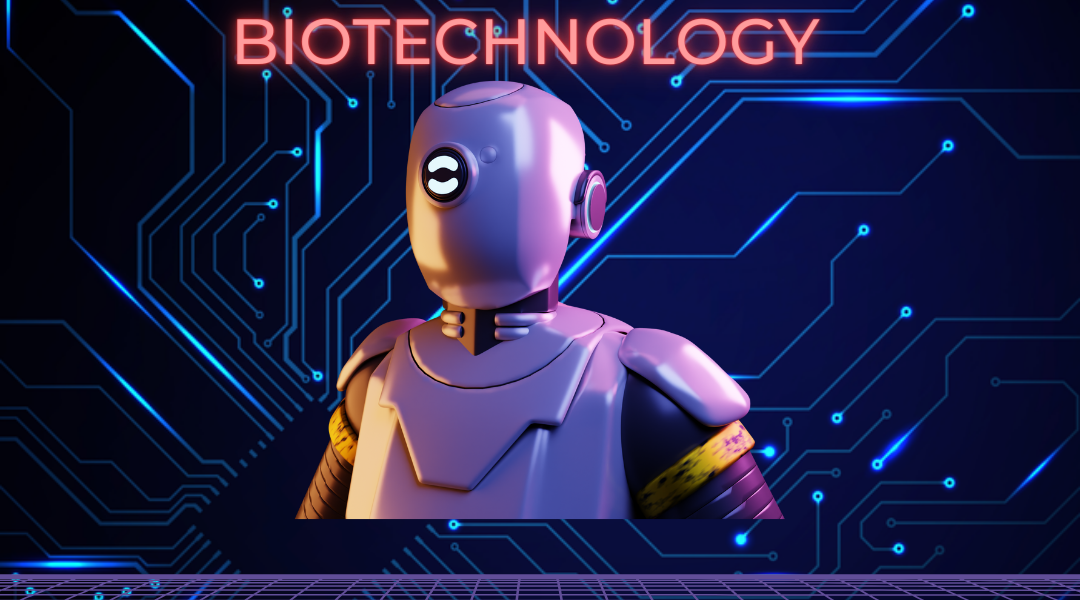The landscape of cancer treatment is undergoing a monumental shift thanks to the advancements in biotechnology. Personalized cancer treatments, tailored to the unique genetic makeup of an individual’s tumor, are now at the forefront of oncological care, marking a new era in the fight against this complex disease.
Unlocking the Potential of Personalized Medicine
Biotechnology has been instrumental in ushering in the era of personalized medicine in cancer care. By leveraging technologies like genome sequencing and molecular diagnostics, scientists can now understand the genetic basis of a patient’s cancer, leading to treatments that are more effective and less toxic than traditional methods.
Targeted Therapies: A New Hope
One of the most significant contributions of biotechnology is the development of targeted therapies. These treatments specifically target the genetic mutations that drive the growth of cancer cells, sparing healthy cells and reducing side effects. Medications like tyrosine kinase inhibitors and monoclonal antibodies are examples of how biotechnology is making cancer treatment more precise and less harmful.
Immunotherapy: Harnessing the Body’s Defense
Immunotherapy, another biotechnological breakthrough, has transformed the treatment of several cancer types. By stimulating the body’s immune system to attack cancer cells, treatments like checkpoint inhibitors and CAR-T cell therapy are offering new hope to patients with previously untreatable cancers.
The Role of Big Data and AI
Big data and artificial intelligence (AI) in biotechnology are also playing a crucial role in personalizing cancer treatment. AI algorithms can analyze vast datasets from genetic tests, medical records, and clinical studies to identify patterns and predict which treatments will be most effective for a particular patient.
Challenges and Future Directions
While personalized cancer treatments offer immense potential, there are challenges. The high cost of these therapies and the need for specialized diagnostic tools make them less accessible in some parts of the world. Future efforts in biotechnology are focused on making personalized treatments more affordable and widely available.
Advancing Precision Medicine in Oncology
The journey towards personalized cancer treatments is not only about targeting tumors but also about preventing adverse reactions and increasing the efficacy of treatments. Pharmacogenomics, a branch of biotechnology, plays a critical role here. By understanding how an individual’s genetic makeup affects their response to drugs, oncologists can tailor chemotherapy and other treatments to minimize side effects and improve outcomes.
Biotech and Early Detection
Early detection is another area where biotechnology is making strides. Innovative diagnostic tools, such as liquid biopsies, are enabling the detection of cancer at its earliest stages, often before symptoms appear. These tests, which can detect cancer cells or DNA fragments in the blood, are crucial for early intervention, which significantly improves the chances of successful treatment.
Combining Therapies for Enhanced Outcomes
Biotechnology is also leading the way in the combination of therapies. By understanding the interactions between different types of treatments, researchers are developing combination therapies that are more effective than single-agent treatments. This approach is particularly promising in cancers that have historically been difficult to treat.
Personalization Beyond Genetics
The future of personalized cancer treatment also extends beyond genetics. Biotechnology is exploring the role of the microbiome, lifestyle, and environmental factors in cancer development and treatment responses. This holistic approach promises even more customized and effective treatment strategies.
Ethical Considerations and Patient Education
As we embrace these advances, ethical considerations and patient education become increasingly important. The privacy of genetic data, informed consent, and equitable access to these cutting-edge treatments are vital issues that need addressing. Moreover, educating patients about their options and what these biotechnological advancements mean for their treatment is essential for informed decision-making.
Conclusion
The contributions of biotechnology to personalized cancer treatments represent a remarkable leap forward in oncology. By tailoring treatments to the individual, not just the disease, biotechnology is not only improving outcomes but also transforming the patient experience in cancer care. As research progresses, the potential of these innovations continues to expand, heralding a new era of hope and effectiveness in the battle against cancer.

